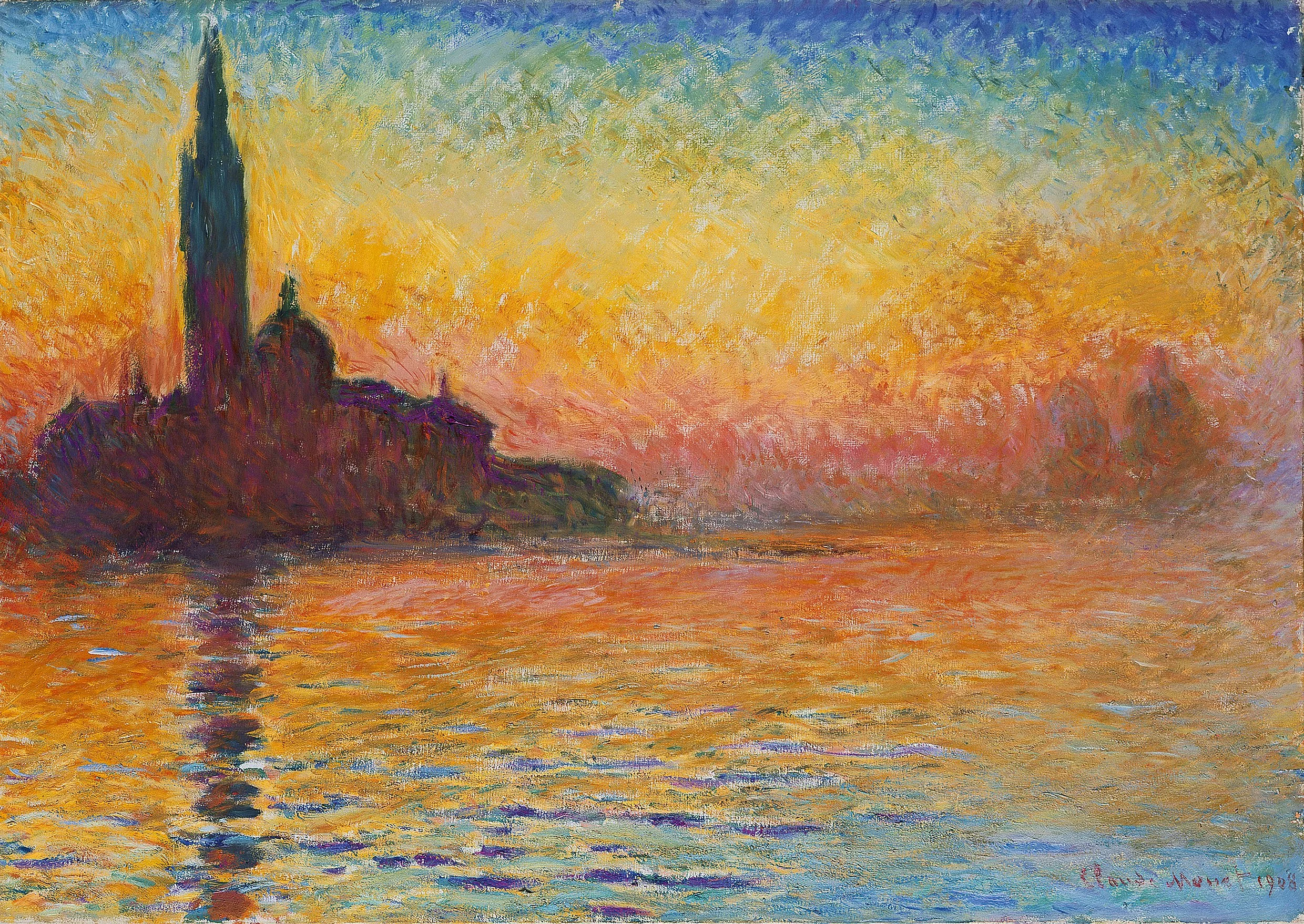Colette (1873-1954) remains one of the towering figures of French literature—a writer of astonishing sensual precision whose work celebrates the body, nature, and the complexities of desire with unprecedented frankness for her era. The first woman elected to the Académie Goncourt and given a state funeral in France, Colette brought to French prose a uniquely feminine perspective that was both revolutionary and timeless. Le Blé en herbe (The Ripening Seed), published in 1923, is considered one of her masterworks—a brief, luminous novel about the end of innocence that she wrote at the height of her powers.
The story follows Phil and Vinca, two sixteen-year-olds who have spent every summer together since childhood at their families’ adjoining vacation homes on the Brittany coast. This summer feels different—their childhood friendship trembles on the edge of something new and frightening. When Phil encounters Madame Dalleray, an elegant older woman who initiates him into physical love, the idyllic world of childhood games and innocent affection shatters irrevocably. Through Phil’s awakening and Vinca’s painful awareness of being left behind, Colette explores the bittersweet passage from adolescence to adulthood, the loss that accompanies every gain, and the way desire forever changes how we see the world.
Colette’s prose is justly famous for its sensory richness—the smell of salt air, the feel of warm sand, the taste of wild strawberries—all rendered with extraordinary vividness. Yet beneath the beautiful surface lies something more complex: a clear-eyed examination of how sexual awakening can be simultaneously liberating and devastating, how knowledge brings both power and melancholy. Le Blé en herbe manages to be at once tender and unsentimental, celebrating physical pleasure while acknowledging its costs. It’s a perfect example of Colette’s genius: accessible and profound, sensual and psychologically acute, a classic that has lost none of its ability to move and surprise readers a century after its publication.








